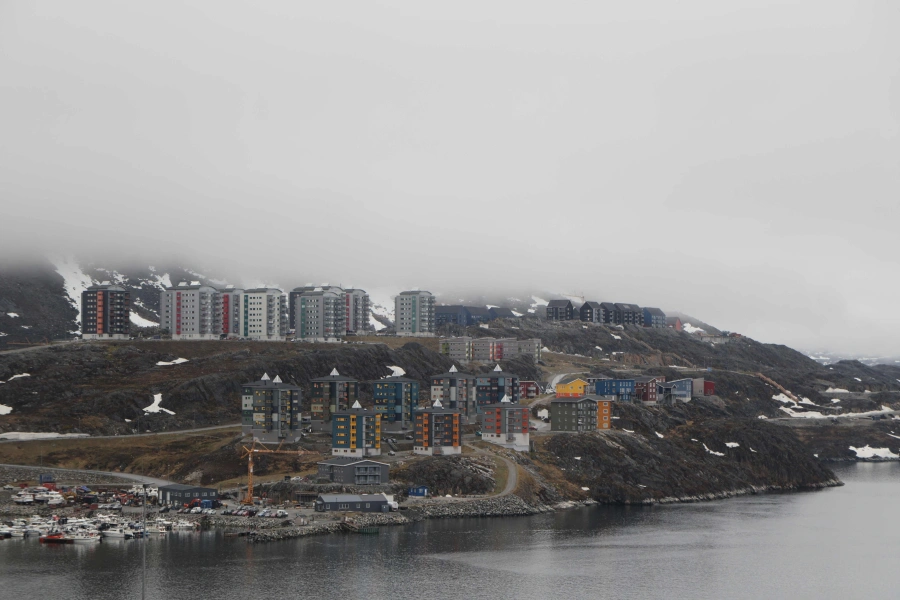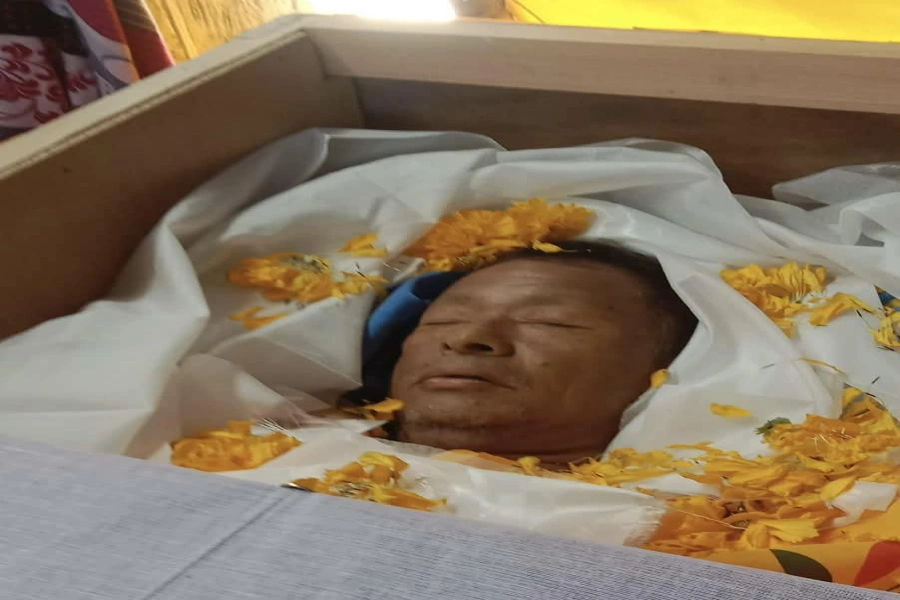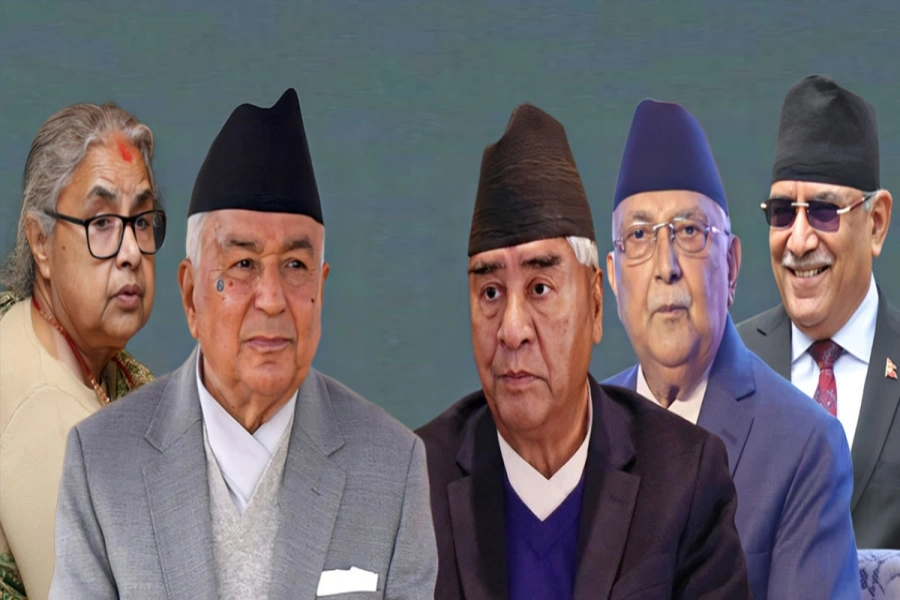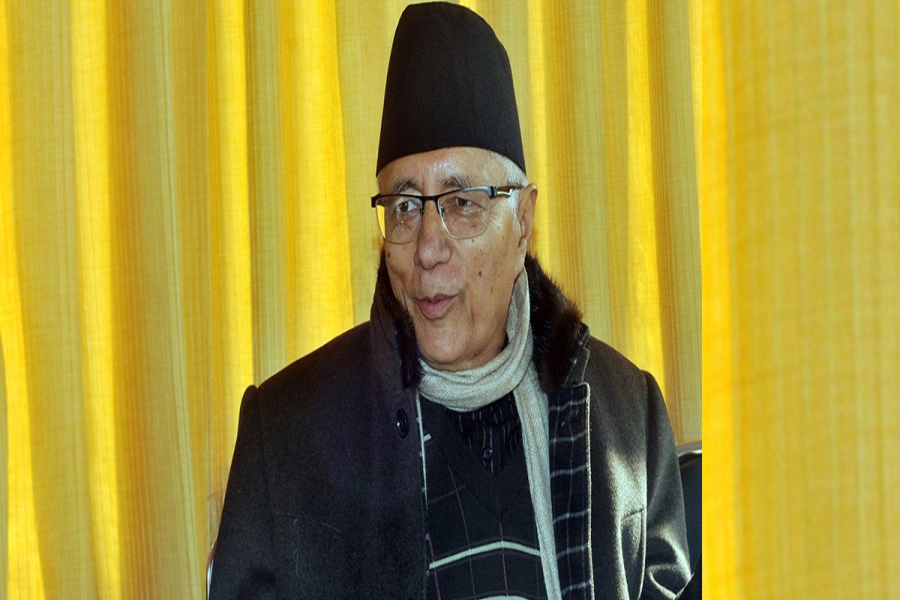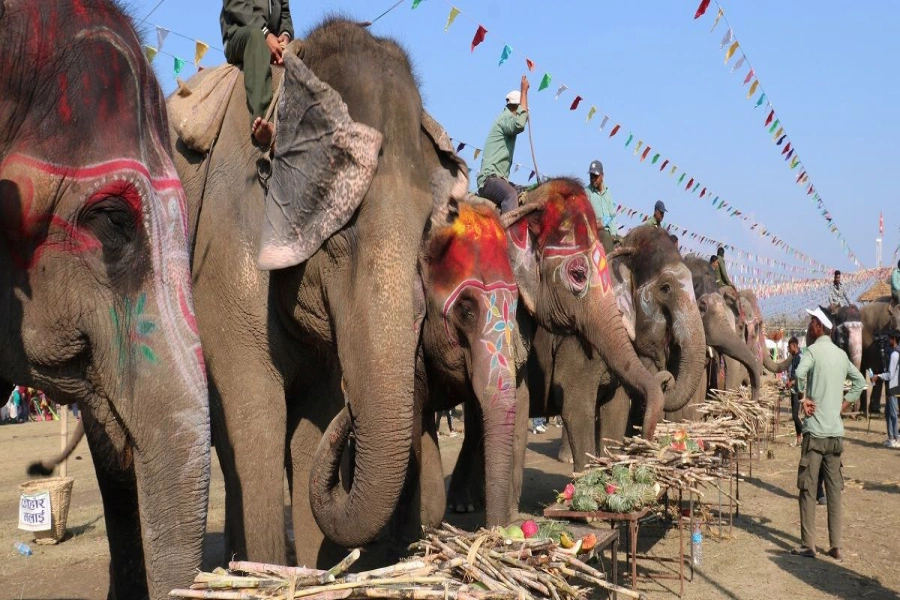KATHMANDU, July 14: The Royal Norwegian Embassy in Kathmandu and the United Nations Development Program (UNDP) in Nepal have signed an $8.2 million partnership agreement to enhance food and nutrition security in eleven local governments of Karnali and Sudurpashchim provinces.
The new project, titled "Energy to Food," aims to promote renewable energy solutions to support the agriculture-value chain, particularly for indigenous crop varieties, through mechanization, conservation farming practices, and capacity building for farmers.
Chargé d'affaires a.i and Deputy Head of Mission from the Royal Norwegian Embassy in Kathmandu Kristine Hauge Storholt and Resident Representative of UNDP Nepal Ayshanie Medagangoda-Labé signed the agreement to receive Norwegian support for the project implementation until 2027 at the Norwegian Embassy in Nepal on Friday. Under the agreement, Norway has provided 75 million Norwegian Kroner (equivalent to $6.97 million) to UNDP, while UNDP will contribute an additional $0.9 million for project execution. The project aims to help over 150,000 people gain access to renewable and clean energy solutions for improved food security, aligning with UNDP's Global Strategy to alleviate multidimensional poverty.
Norway minister says his country willing to partner with Nepal...

Addressing the signing ceremony, Medagangoda-Labé thanked the Norwegian Government for the trust and continuous support for promoting integrated development solutions for Nepal. “Energy, food and climate are very much interconnected. Food systems are indispensable for our survival, yet responsible for more than 35% GHG emissions, use freshwater abundantly and induce biodiversity loses. So, the purpose of this partnership is to engage with men and women equally, use research, indigenous knowledge, practices, technology and behaviors that promote transformation in the current and future food systems,” she said.
“To this end, we will be working with the Government of Nepal, including the provincial and local government, partners and other UN agencies in selected localities. The project will help Nepal to accelerate the achievement of several sustainable development goals in an integrated manner,” she added.
Storholt said that they are pleased to collaborate with UNDP Nepal to strengthen food systems, which aligns with Norway's global strategy to reduce food insecurity. “Involving other UN agencies and key partners in this project is a significant initiative contributing to the achievement of sustainable development goals,” she said.
The project will enhance the use of reliable and affordable energy solutions for production, irrigation, processing, storing, packaging, and marketing of locally grown farm products. It will also support the establishment of dedicated funds at the local level to assist farmers in adopting modern technology for production and processing. The project will collaborate with local and provincial governments, cooperatives, traders, and service providers to enhance their knowledge of modern technology in food production and sustainable food system management through capacity building. This will include provisions for climate information, policies, finance, and agricultural research. The extensive use of energy-based and climate-smart technology will help reduce production costs and increase local food supply, thereby supporting the economic empowerment of women and marginalized groups through job creation and contributing to the environment.
Nepal is categorized as a "low-income food deficit country" and ranks 73rd out of 117 food-importing nations in terms of food security (source: Global Hunger Report). The food security situation in Sudurpashchim and Karnali provinces is of particular concern due to the high impacts of climate change, higher poverty rates, and underdeveloped infrastructure.




